I came across this question years ago in a coffee table book. It was written in large, plain print across a double page, with no images to distract the reader from the question.
At first the question startled me; aren’t families a biological survival mechanism, a natural human formation?
Then the question grabbed me and I tried imagining my life without food.
What a dramatic mind game! Suddenly the whole landscape of life changed.
The layout of the house changed. Gone was the kitchen with its gadgets and appliances, gone was the dining room and dining table.
The layout of the city changed. No need for supermarkets, restaurants or cafes. No food products, eating utensils, tableware products.
The countryside changed too. Farms, farm machinery, factories and food transportation networks – all gone.
The imagined effect on the social fabric of life was just as dramatic: gone was food advertising, migrant labour, and any stereotyping of women in the kitchen and men bringing home the bacon.
Happy hours, coffee with friends, recipe sharing, the need to get up in time for breakfast or keep any schedule around food – vanished.
And what about language? How many words and sayings would we lose if we didn’t have food? What would happen to our cultures if all food traditions were removed?
Fortunately, we do have food.
I still play this mind game on occasion because it reminds me just how deeply food is imbedded in being human. As a dietitian who loves food for the multiple ways in which is serves our individual and collective wellbeing, I find the connection between food and families especially satisfying.
Eating together is such a simple act.
People together, sharing the act of physical nourishment. It is also complex, rich with nuance, assumptions, needs and preferences, and human relationship.
We don’t usually spend too much time thinking about this, although if you enjoy food in any way you will probably already appreciate how much food serves our bodies, our relationships, and shapes our heritages and environmental responsibilities.
The organised among us may plan menus and shopping lists, but for many of us, producing meals and eating together can be reduced to a never-ending daily chore that simply must happen, regardless of how tired or busy you are. Enter Hello Fresh and My Food Bag!
So, when it comes to eating with your elders it might feel like you’re just finding an extra chair, making more space at the table, and bulking out the dishes a bit more.
But it’s more than that. You’re inviting them to join you in the most basic and also most complex ritual of human connection.
The challenge isn’t so much getting the menu right but finding the balance between the physical act of producing meals and understanding the invitation, dignity and affection that is coded into those meals.
This thought doesn’t have to be overwhelming. We learn by doing.
Start where you are. Make your meals. Invite the elders to join. Share your food and your time.
If you are finding sharing your table with your elders more challenging that you want it to be, we should talk.
I offer a variety of nutrition assessment and training options tailored for your needs and situation. Book in for a free 15 min discovery call to find out more.

